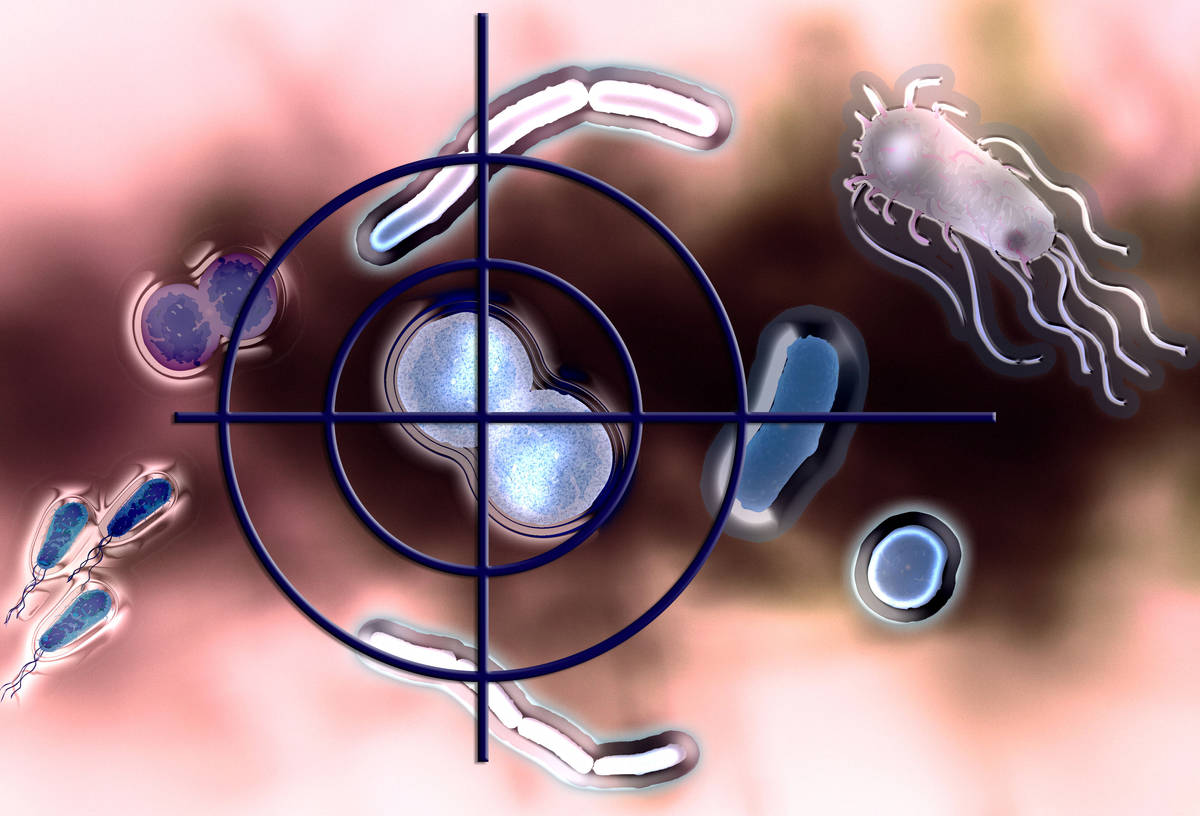
Selective antibiotics following nature’s example
Chemists from Konstanz develop selective agents to combat infectious diseases – based on the structures of natural products
With multi-resistant germs becoming more and more of a threat, we are in need of new antibiotics now more than ever. Unfortunately, antibiotics cannot distinguish between pathogens and beneficial microbes. They can destroy the delicate balance of the microbiome – resulting in permanent damages. The research team around chemist Dr Thomas Böttcher has now made a significant step towards solving these problems. In collaboration with the team around biologist Professor Christof Hauck, also from Konstanz, the researchers discovered antibiotic properties of a natural product that so far had been considered merely a bacterial signal molecule. The team, including the doctoral researchers Dávid Szamosvári and Tamara Schuhmacher, developed and investigated synthetic derivatives of the natural substance that proved surprisingly efficient against the pathogen Moraxella catarrhalis. In the process only the growth of these pathogens was inhibited, not the growth of other bacteria. In a further project, the researchers succeed in developing another selective agent to combat the malaria parasite. These results might lead to a new basis for novel precision antibiotics. The research results are published in the current editions of the journals Chemical Science and Chemical Communications. Read more...
